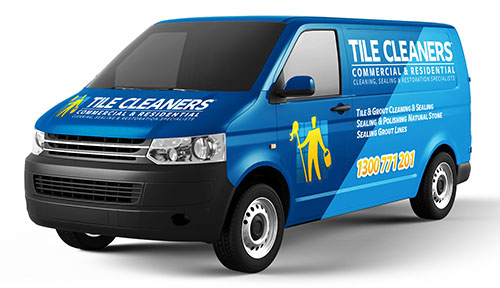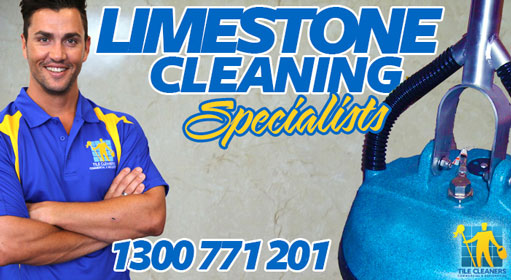The longevity and usefulness of limestone tiles can be extended if it is effectively sealed against the ingress of damaging liquids and minerals.
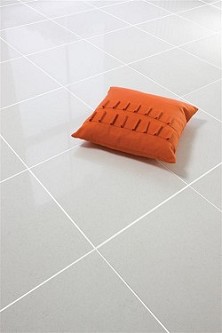 Many older buildings have durable limestone flooring. This is the chalky porous type typical of most French and Spanish limestone. Etched by acids, including soft drinks. Absorbs oils and other liquids and is more easily stained than marble. Composed of Calcite and some Magnesium. Common colours are black, gray, white, yellow and brown. Has a smooth granular surface. Varies in hardness. Should be sealed with a penetrating sealer to prevent staining and reduce soiling. Should only be cleaned with neutral pH detergents. Because it is soft, it should never be cleaned at pressures above 800 PSI and then only if the grout is in good condition.
Many older buildings have durable limestone flooring. This is the chalky porous type typical of most French and Spanish limestone. Etched by acids, including soft drinks. Absorbs oils and other liquids and is more easily stained than marble. Composed of Calcite and some Magnesium. Common colours are black, gray, white, yellow and brown. Has a smooth granular surface. Varies in hardness. Should be sealed with a penetrating sealer to prevent staining and reduce soiling. Should only be cleaned with neutral pH detergents. Because it is soft, it should never be cleaned at pressures above 800 PSI and then only if the grout is in good condition.
Professional regular maintenance will be required to maintain its honed or polished appearance. Limestone looks best with a honed or low/medium sheen appearance however many people insist on a high shine finish. Limestone will never have the gloss of marble or granite. Some low calcite limestone can be extremely difficult to polish and therefore vitrification would be required. Vitrification however can give the stone an unnatural plastic appearance if repeated too often.




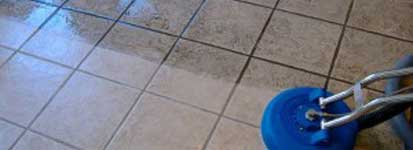
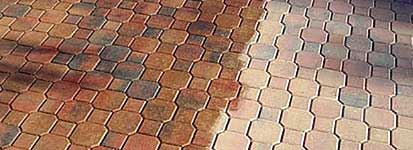
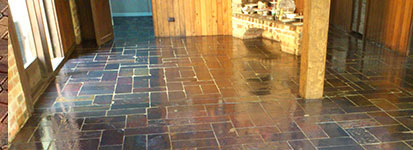
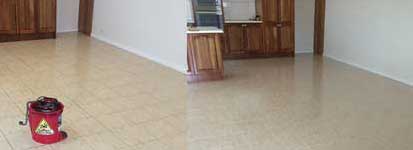
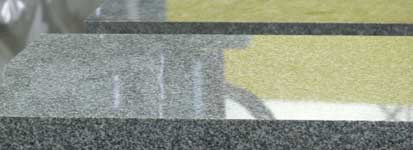
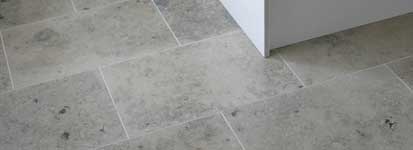
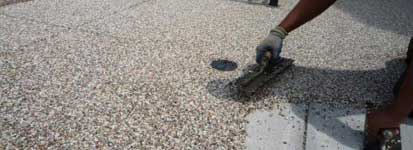
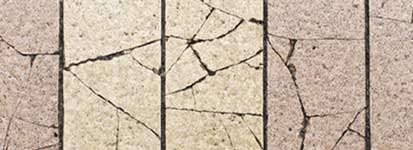
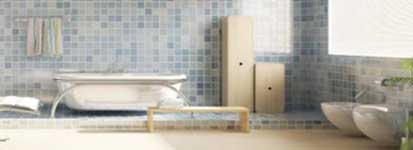
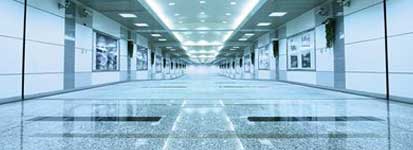
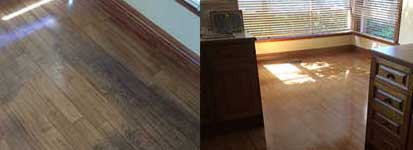
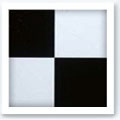
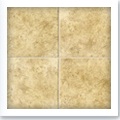
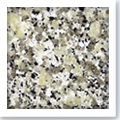
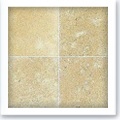
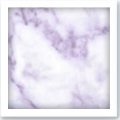
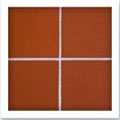
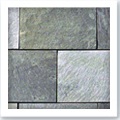
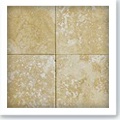
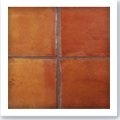
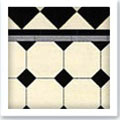
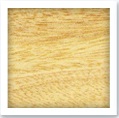
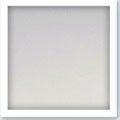
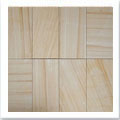
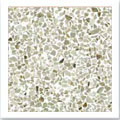
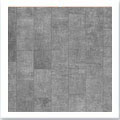
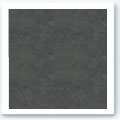
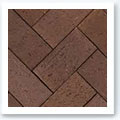
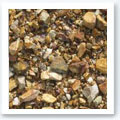
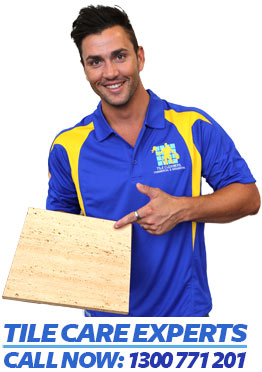
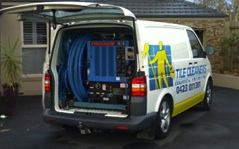
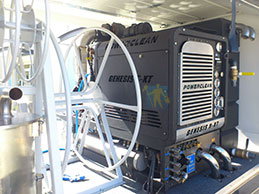
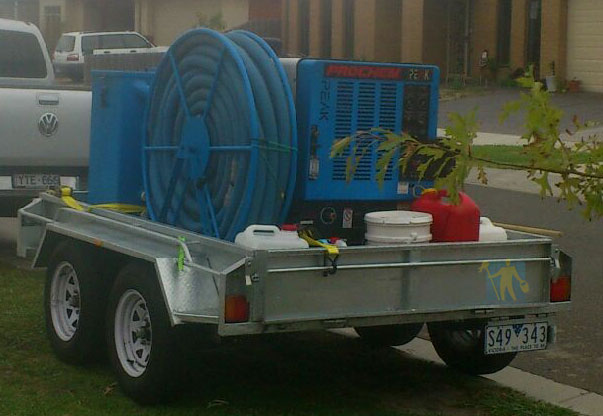
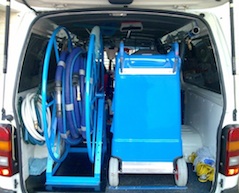
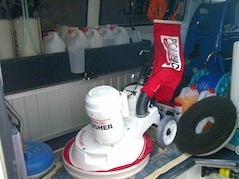
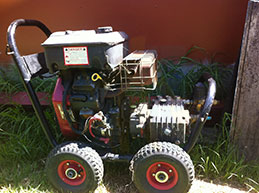
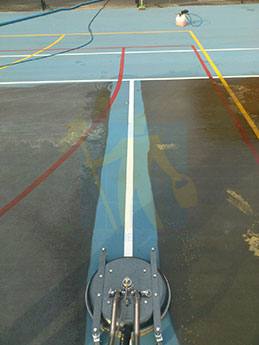

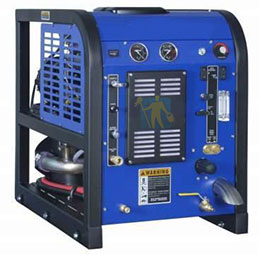
 Availability for emergency
Availability for emergency
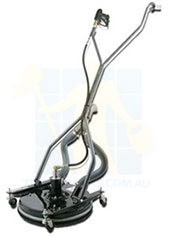
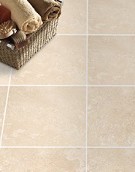 The primary cause for polished stone floors becoming dull is walking on them. Prolonged foot traffic grinds and packs in dust, sand, and grit. Although the scratching that occurs is very fine, it eventually covers the majority of the surface and over time dulls the finish to the point where it loses its reflective properties. To make your stone surfaces smooth and reflective, we employ the use of high speed polishers.
The primary cause for polished stone floors becoming dull is walking on them. Prolonged foot traffic grinds and packs in dust, sand, and grit. Although the scratching that occurs is very fine, it eventually covers the majority of the surface and over time dulls the finish to the point where it loses its reflective properties. To make your stone surfaces smooth and reflective, we employ the use of high speed polishers.